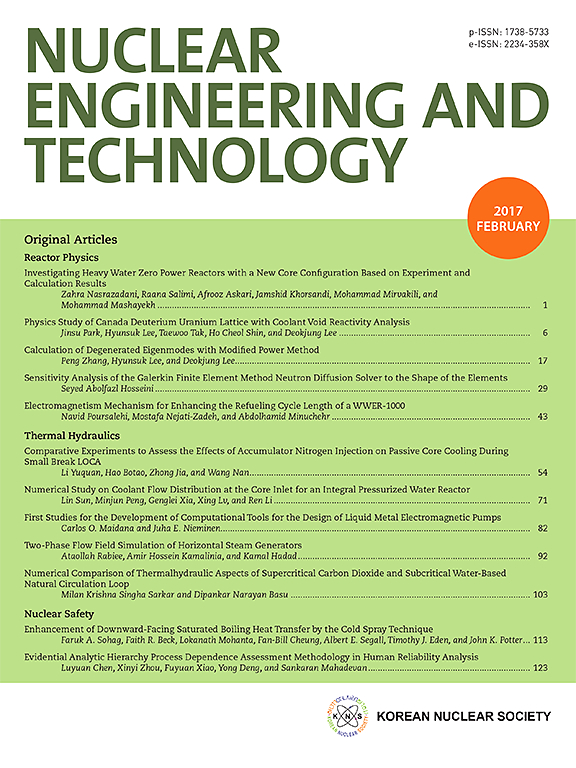数字化时代的核能:矿产资源与金融发展的作用
IF 2.6
3区 工程技术
Q1 NUCLEAR SCIENCE & TECHNOLOGY
引用次数: 0
摘要
核能是一种低碳、可靠的能源,提高其产量对实现可持续的全球未来至关重要。核能的部署需要大量的初始投资。缺乏金融资本被认为是发展核电站的最大障碍。此外,数字和信息技术以及矿产资源在向低碳能源框架过渡的过程中也可能至关重要。在此背景下,分析打算调查金融发展、信息和通讯技术以及矿物资源对核能生产的影响。本研究采用MMQR估计方法获得稳健估计。结果表明,金融发展和数字化在大多数分位数上促进了核能发电。相反,矿产资源对核能生产的不利影响在中低分位数。此外,政府支出、贸易和二氧化碳排放的控制变量对核能生产有利。本文章由计算机程序翻译,如有差异,请以英文原文为准。
Nuclear energy in the age of digitization: The role of mineral resources and financial development
Nuclear energy is a low-carbon and reliable energy source, and enhancing its production is crucial for achieving a sustainable global future. The deployment of nuclear energy requires a massive initial investment. Lack of financial capital is considered the biggest hurdle in developing nuclear power plants. In addition, digital and information technologies and mineral resources could also prove vital in a transition towards a low-carbon energy framework. Against this backdrop, the analysis intends to investigate the influence of financial development, information and communication technologies, and mineral resources on nuclear energy production. The study employs the MMQR estimation approach to obtain robust estimates. The results indicate that financial development and digitalization enhance nuclear energy generation at most quantiles. Conversely, mineral resources adversely affect nuclear energy production at lower and middle quantiles. In addition, the control variables of government expenditure, trade, and CO2 emissions favorably impact nuclear energy production.
求助全文
通过发布文献求助,成功后即可免费获取论文全文。
去求助
来源期刊

Nuclear Engineering and Technology
工程技术-核科学技术
CiteScore
4.80
自引率
7.40%
发文量
431
审稿时长
3.5 months
期刊介绍:
Nuclear Engineering and Technology (NET), an international journal of the Korean Nuclear Society (KNS), publishes peer-reviewed papers on original research, ideas and developments in all areas of the field of nuclear science and technology. NET bimonthly publishes original articles, reviews, and technical notes. The journal is listed in the Science Citation Index Expanded (SCIE) of Thomson Reuters.
NET covers all fields for peaceful utilization of nuclear energy and radiation as follows:
1) Reactor Physics
2) Thermal Hydraulics
3) Nuclear Safety
4) Nuclear I&C
5) Nuclear Physics, Fusion, and Laser Technology
6) Nuclear Fuel Cycle and Radioactive Waste Management
7) Nuclear Fuel and Reactor Materials
8) Radiation Application
9) Radiation Protection
10) Nuclear Structural Analysis and Plant Management & Maintenance
11) Nuclear Policy, Economics, and Human Resource Development
 求助内容:
求助内容: 应助结果提醒方式:
应助结果提醒方式:


